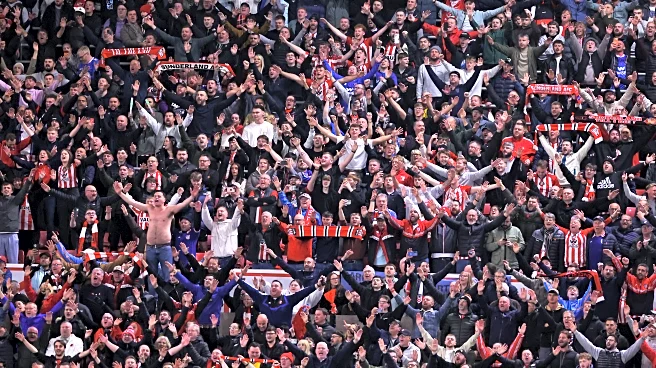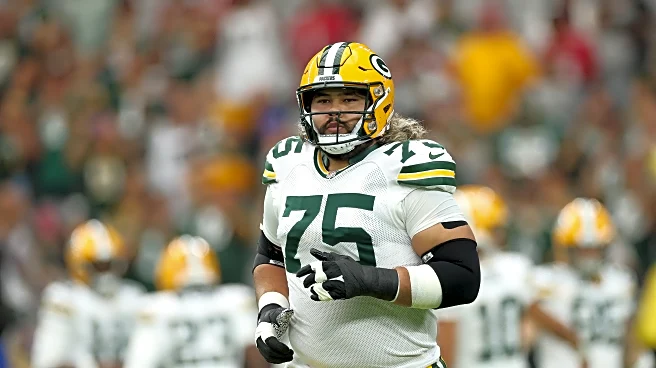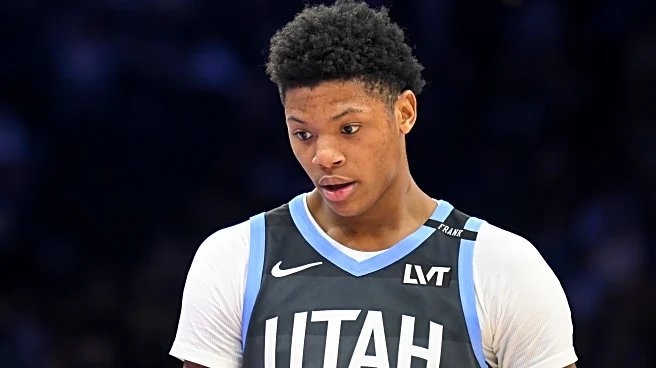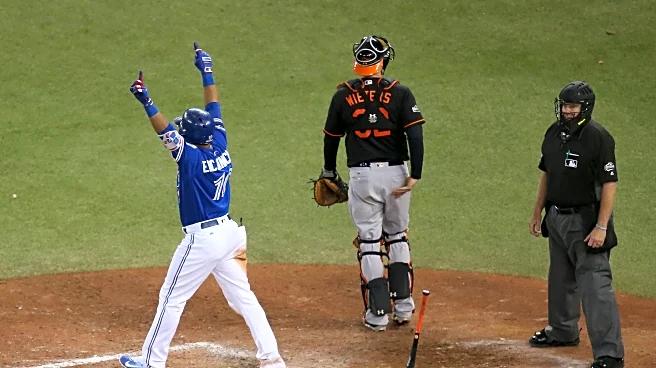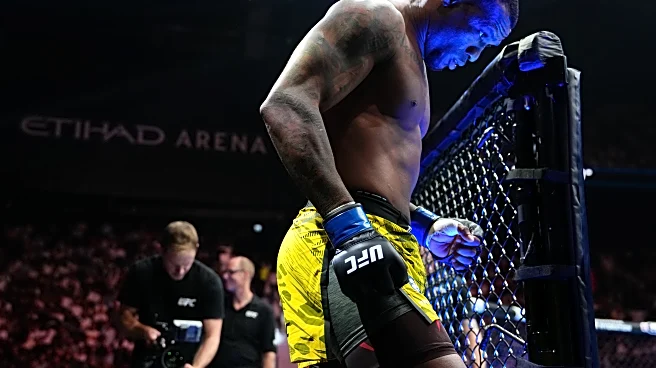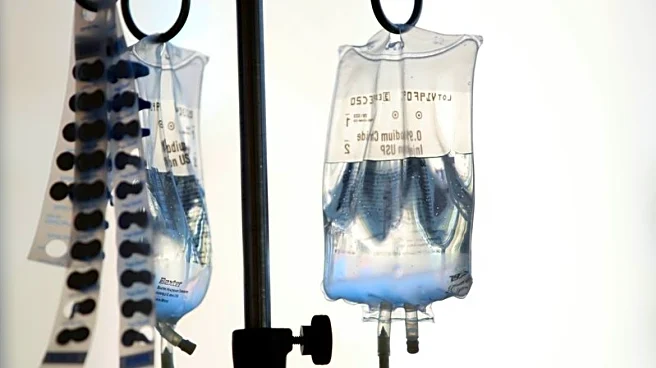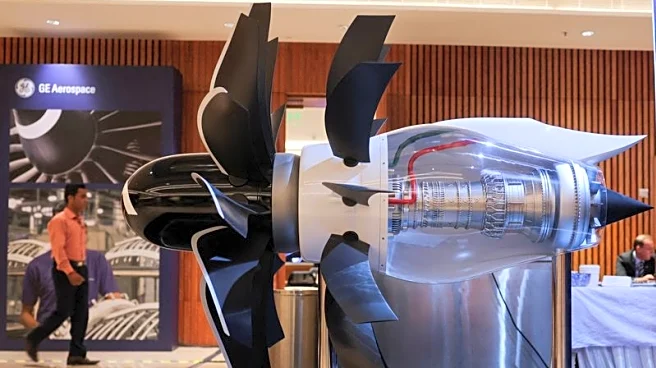Dan Harrison says…
Whilst it’s always a bonus to finally be in the limelight, I’m at a bit of a crossroads regarding the coverage we’ve received since our return to the Premier League.
On one hand, I feel that despite the praise, it feels like a surface-level analysis and a lazy attempt to label our successes due to an unwillingness to invest time — or an expectation that we’ll drop off and therefore it doesn’t deserve the time of day.
As someone who’s always idolised the level of tactical analysis displayed at the top
level, nobody has really given us the credit we deserve for our system, shape and pressing patterns.
That said, in some ways and despite the national coverage it’s not actually come as a distraction or at a disadvantage due to the surface-level reporting on our setup and performances. In some ways, I’m glad nobody has really made a concerted effort nationally to diagnose and analyse how we play like we do here on a local level, as it keeps us under the radar and helps to take the pressure off the players.
A tough one and really a case of “be careful what you wish for”.

Nic Wiseman says…
What’s struck me about the volume of coverage is the poor quality of it.
Phil Smith of The Sunderland Echo has produced some outstanding material but he’s the guy on the local paper who should be expected to know more than the national Johnny-come-latelies. His report on the Chelsea win was blood-and-guts tremendous, and his recent interview with Florent Ghisolfi was revealing.
Elsewhere, Daniel Storey of the I-paper produced one of the best analyses of the club that I’ve read.
The plethora of YouTube channels covering us are boring and I’ve been saddened that Premier League rules have put an end to AltEndings’ tactical analysis of games. His latest project with Connor Bromley seems to lack direction at the moment, but hopefully they’re just teething problems.
At the start of the season, we were pretty much unanimously tipped to get relegated — all the major outlets just saw Sunderland as a promoted club, and that we would suffer the same fate as the last six elevated clubs. Nobody seemed to want to explore what was going on here and it’s now that we’ve had some notable results —such as the win at Chelsea and the barnstorming draw at home to Arsenal — that people are starting to take notice.
Many of the national papers’ North East football correspondents have made their way there via the Journal/Chronicle/Sunday Sun route and are therefore steeped in Mag bias — such as Luke Edwards of The Telegraph and Mark Douglas of the I-paper. I’m an I-paper reader and the amount of stuff Dougie spouts about the Mags drowns out the one or two pieces a week he produces on Sunderland.
It’s all about ignorance and laziness, in my view. The majority of journalists are lazy and the good ones have produced quality articles and written some good stuff, but that’s OK for us, isn’t it?
Let’s just keep plodding under the radar in fourth place and let the lazy sods spout crap about the so-called glamorous set.
Tom Albrighton says…
Whilst it’s a lovely break from a decade of derision, I don’t think I’m fully comfortable with being the “in vogue” team in the Premier League and the attention it brings.
It isn’t even the fear that it may well become a Netflix-like distraction from the incredible work being done both on and off the pitch, but more so that everything might become too self-aware and in turn pander to the attentions of those not hopelessly infatuated with Sunderland.
For that, I have no option but to trust the process and to tread lightly upon my concerns, as the increase in attention we’re receiving can only be a good thing — especially from a business perspective.
As for the contents of the attention, I’m far less concerned.
This is mainly because any analysis so far has been done with a light touch and hasn’t delved into any fine detail beyond what can be observed on any televised game. It isn’t lost, however, that this fawning will only be temporary, as pundits and analysts change their views like the wind.
Whilst it’s fashionable to adorn Sunderland with praise now, should our style and business model look to challenge the status quo, it won’t be long before opinions will change and Régis Le Bris will become some kind of demonic character obsessed with an anti-football agenda — but for me, that’s ideal.
We aren’t here to be liked, loved or adored by Camden-based hipsters or the fella who wears oversized vintage football shirts of teams he doesn’t support. Instead, we’re here to compete, to be fierce, and most of all, to be unapologetically Sunderland.

